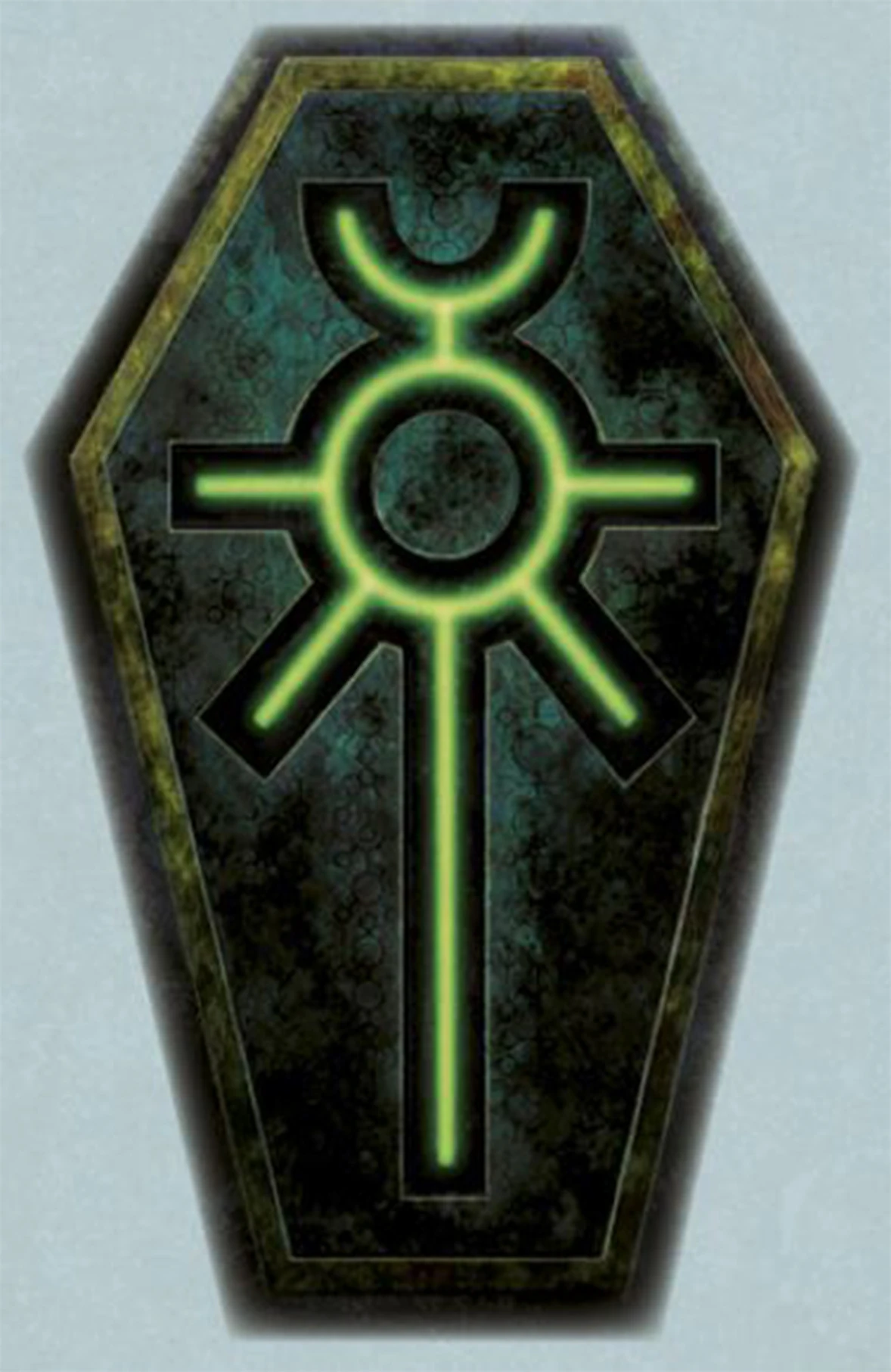Lawful does not have to mean laws of the land.
Murder is always evil. Killing doesn't have to be, but if can't be good.
Then killing a bandit, by your definition, makes a character not good. No chaotic good characters killing bandits. Or goblins. Or anyone. If you can't kill and still be considered of a good alignment, the concept of the Paladin slaying evil (even the ability Smite Evil) means no paladins are good. Ever.
Which is
clearly not the intent of the game.
If by not supported by RAW, you mean the default RAW, then I agree. From the PHB alignment section.
"Alignment is an essential part of the nature of celestials and fiends. A devil does not choose to be lawful evil, and it doesn't tend toward lawful evil, but rather it is lawful evil in its essence. If it somehow ceased to be lawful evil, it would cease to be a devil."
Yet you can't even define what evil actually is in the real world, let alone a game. No one can, really.
That's absolutism. Further, the planes of existence make no sense if morality is relative. They are based on hard alignments. Hard morality.
You can play with relative morality as one way of playing D&D, but it isn't supported well by RAW.
I mean yes, the planes make no sense. I agree. They make no sense in large part because good and evil really don't make any sense if you view them from an absolutist perspective.
If a Devil does something, to plane-logic whatever he does no matter what it is IS lawful evil. Is he a devil? Then what he is doing (whatever it might be!) is lawful evil. He is not lawful evil because of what he does. This is nonsense, but it is nonsense written into the setting that we aren't supposed to really look at.
PUT more simply, my point is this:
Can a good person do bad things? Yes. Clearly. Both in the game world and the real world. The converse is also true.
Can a bad person do good things? Yes, clearly. Unless its in the planes-logic of devilness or whatever.
The concept of 'Good people can only do good things and bad people only do bad things' is quite religious in nature. The clearest example I can think of is the Infallibility of the Pope. The Pope, as I understand, cannot do bad things or even be mistaken. Whatever he does or says, no matter what it is, is Good and True.



